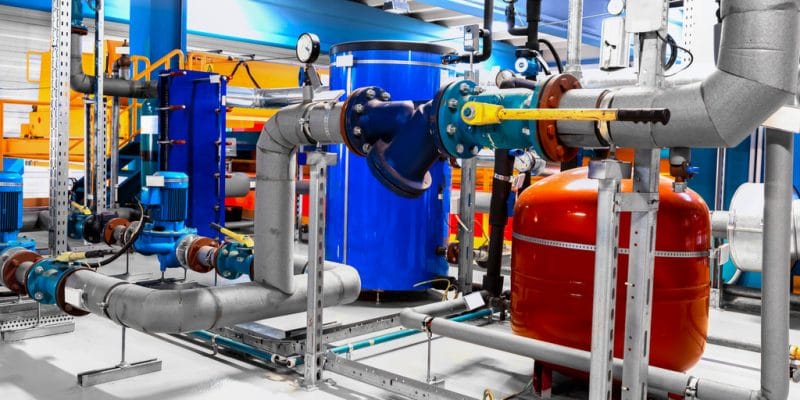The Radisson Blu Hotel in Granger Bay, Cape Town, has recently disconnected from the drinking water network. It will now source its supplies from its own desalination plant.
Radisson Blu, a leading American luxury hotel brand, has an establishment in Granger Bay, a district of Cape Town in South Africa. The water used in this hotel has so far been provided by the municipality. In recent days, however, Radisson Blu has disconnected itself from the city’s drinking water network, since it now has its own seawater desalination system.
“We dug a well under the hotel to access the water source. This allows us to pump enough water for our reverse osmosis plant to keep our hotel’s fresh water tank full at all times,” says Gary Bowers, the engineer who designed the desalination unit. It is capable of supplying 7 m3 of fresh water per hour from a 100 m deep borehole.
An option to avoid water cuts
In reality, the Radisson Blu Hotel in Granger Bay has been forced to have its own drinking water source, because despite some stabilisation in the drinking water supply in Cape Town, restrictions on the use of the precious liquid remain in place. These decisions were made during the 2018 dry season when water stopped flowing through the taps for several weeks.
The use of a desalination plant means that we can no longer operate from municipal water supplies. In this way, we are able to play our role in saving water during this period of scarcity. Our customers can be assured that they do not put pressure on the local water supply when they stay with us,” says Clinton Thom, General Manager of Radisson Blu in Granger Bay.
The hotel is not the only structure to have disconnected from the drinking water distribution network in Cape Town. In August 2018, Lucky Star, a producer of canned fish, commissioned two seawater desalination plants in Laaiplek and Amawandle Pelagic on the west coast of South Africa. The treated water is intended for fish canning plants. Both plants were built by the South African company ImproChem in partnership with Suez Water Technologies & Solutions, a subsidiary of the French group Suez. They both provide 624 m3 of fresh water per day.
Jean Marie Takouleu






